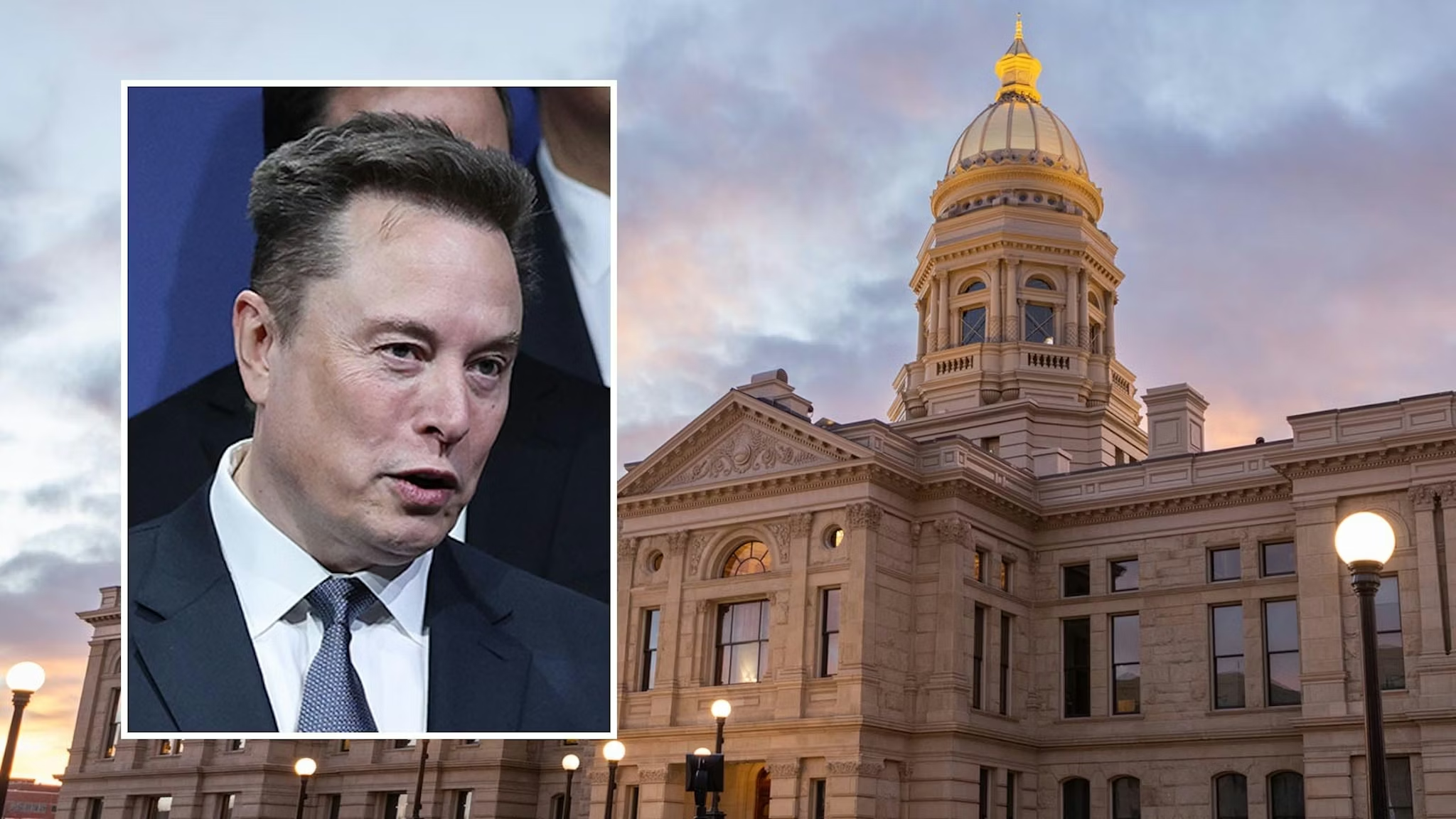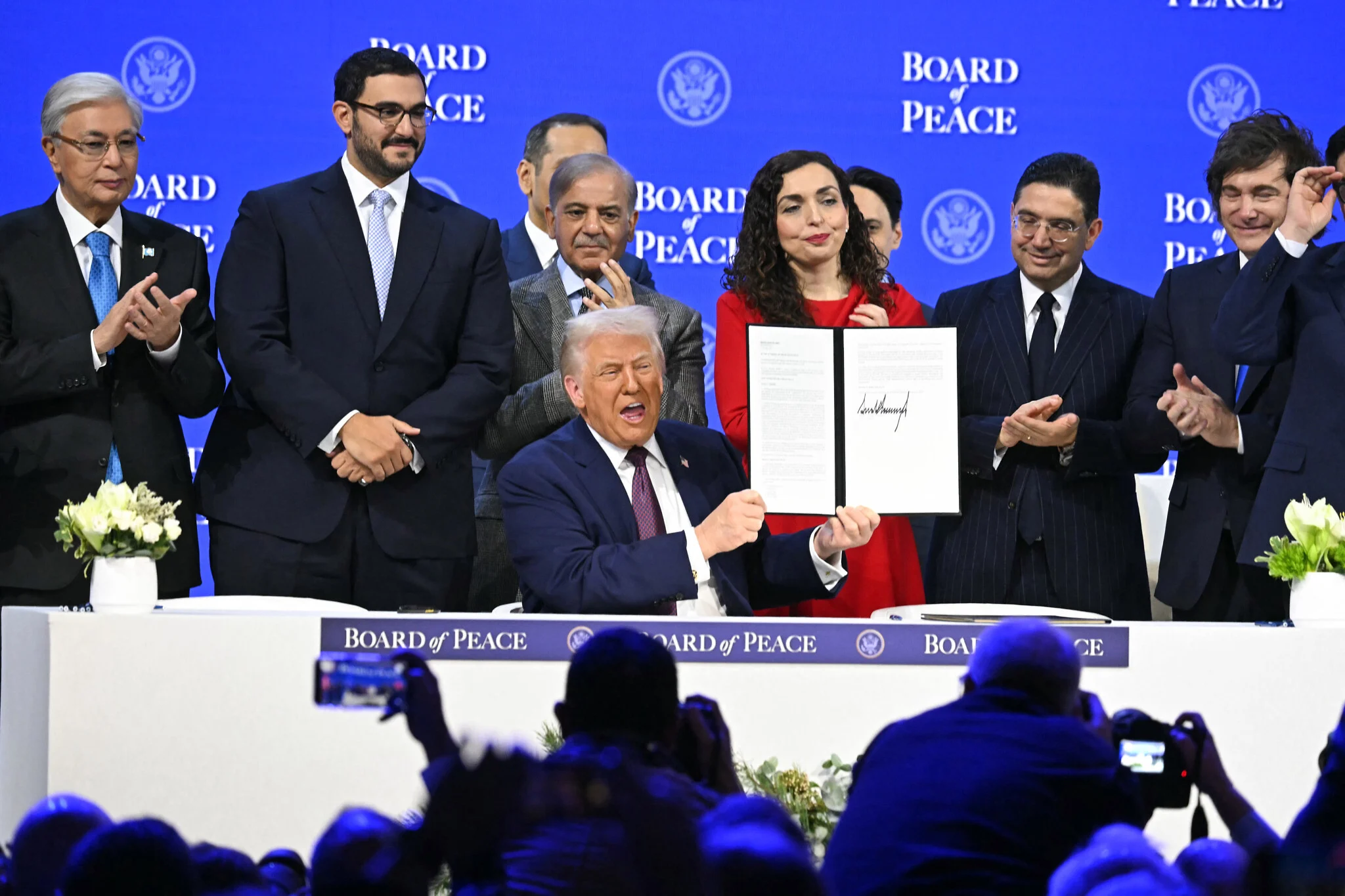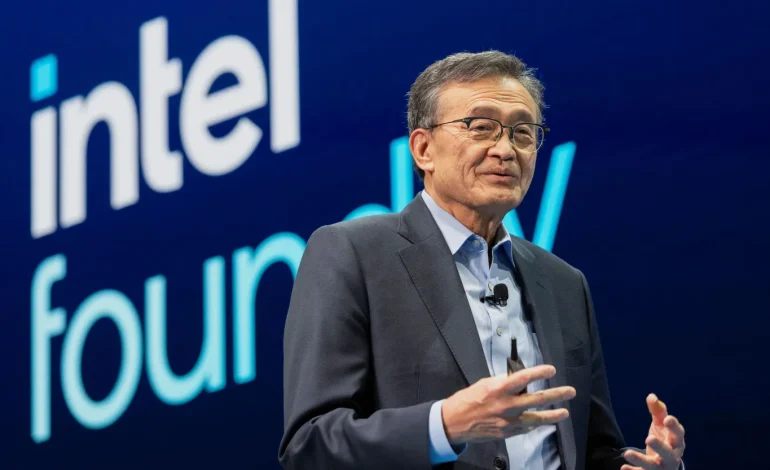Intel’s new CEO is facing serious heat — and not just from his competitors. President Donald Trump is calling for Lip-Bu Tan’s resignation, claiming Tan’s ties to China make him “highly conflicted” and unfit to lead one of America’s top tech companies.
In a blunt Truth Social post on Thursday, Trump said:
“The CEO of INTEL is highly CONFLICTED and must resign, immediately. There is no other solution to this problem.”
This bombshell comes as Trump is turning up the pressure on the US semiconductor industry. Just a day earlier, he threatened to slap a 100% tariff on imported chips unless companies bring production back to American soil.
Tan, who took over as Intel’s CEO in March, already had a mountain to climb — trying to revive a once-dominant chipmaker that’s fallen behind in the AI race. Now he’s got Washington breathing down his neck too.
The political firestorm really picked up after Sen. Tom Cotton (R-Ark.) sent a sharply worded letter to Intel’s board. Cotton raised the alarm over Tan’s reported investments in hundreds of Chinese tech firms — including at least eight allegedly tied to China’s military.
Cotton also referenced a recent legal case involving Tan’s former company, Cadence Design Systems, which pleaded guilty to illegally exporting tech to a Chinese military university and agreed to pay $118 million in penalties.
“Intel is required to be a responsible steward of American taxpayer dollars,” Cotton wrote. “Mr. Tan’s associations raise questions about Intel’s ability to fulfill these obligations.”
Intel hasn’t responded publicly to either Trump’s or Cotton’s comments. But Wall Street did — and it wasn’t good. Intel’s stock dropped more than 3% on Thursday, underperforming while most chipmakers rallied.
Intel recently received nearly $8 billion in federal funding under the Biden administration’s CHIPS Act — a massive initiative meant to bring semiconductor manufacturing back to US soil. That money comes with strings attached, including national security assurances.
Trump and GOP allies say it’s unacceptable for someone with deep financial links to China to be at the helm of a company holding that kind of taxpayer-backed funding.
But there’s more to this than just national security concerns. Trump’s push on tariffs, and now his targeting of Intel’s leadership, suggests a broader economic strategy: reshoring tech, punishing companies that rely on China, and regaining ground in the chip wars with Beijing.
Let’s not forget: Intel’s been struggling. While rivals like Nvidia and AMD have soared in the AI boom, Intel’s playing catch-up. The company even warned it may have to halt development of its advanced 14A chip if it can’t land a big customer.
Tan has already cut 15% of Intel’s workforce, canceled chip fab plans in Europe, and is slowing down construction on its much-hyped Ohio plant. This all while trying to convince investors and policymakers that Intel can still compete on the global stage.
Now, with Trump’s megaphone and Cotton’s national security rhetoric turned up to 11, Tan’s future at Intel just got a lot shakier.
NBC News, CNBC, Business Insider, CNN, and Axios contributed to this report.










The latest news in your social feeds
Subscribe to our social media platforms to stay tuned